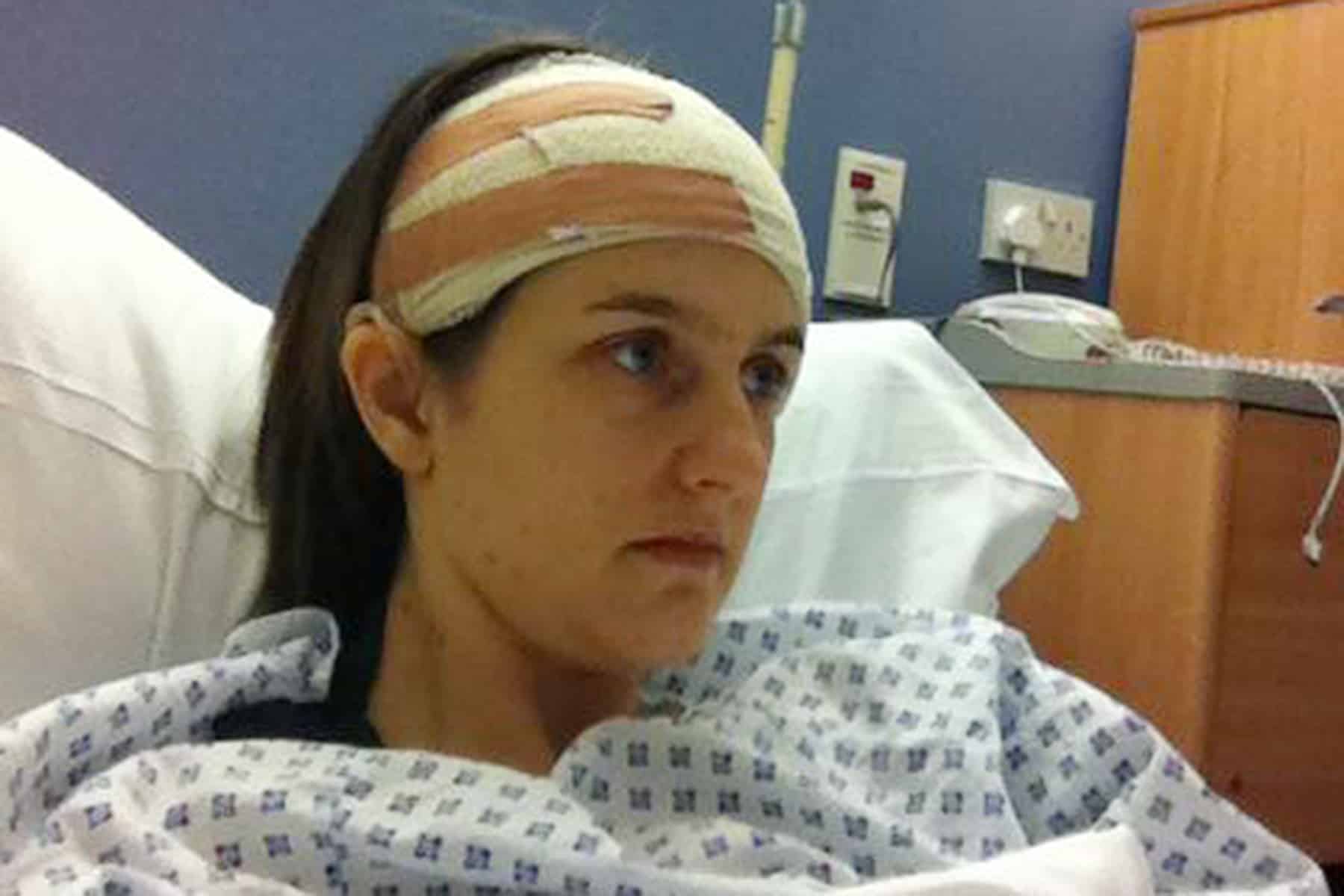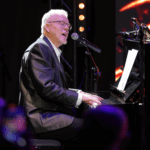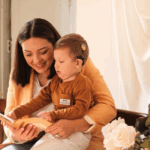MED-EL
Published Nov 19, 2014 | Last Update Mar 15, 2023
My Hearing Loss Story: Claire Stancliffe

Here we’re excited to share the hearing loss story of Claire, a MED-EL cochlear implant recipient who was born hearing but developed a hearing loss early in her childhood. Then she asked her doctor about cochlear implants.
Born Hearing
When I was born, I could hear fine. It was only around my fourth birthday that my parents noticed something wasn’t right. If I was playing upstairs and my mum called me from downstairs I didn’t respond. At first my parents obviously thought I was just ignoring them. However as time went on they realised I needed to have my hearing checked.
The reason why I have a hearing loss is unknown, however there is a possibility that it was caused by the MMR vaccine. At age four-and-a-half I started wearing hearing aids in each ear. At first I was hearing impaired, but my hearing slowly deteriorated and by age 8 my hearing loss was classed as profoundly deaf.
The first time cochlear implant was mentioned to me was when I was 13 years old. I was in secondary school and had my weekly appointment with a teacher for the deaf. It was him who suggested that I could use a cochlear implant and briefly introduced the idea to me. I immediately rejected it. I even went home and told my parents who could see how much the thought of it had upset me. So after that it was soon all forgotten about until I was in 6th form, when I was 16 years old.
Hearing Loss Affected Claire’s Schoolwork
After achieving high grades for my GCSEs, I had chosen to do my AS-Levels in Maths, Geography and Physical Education. After 16, my statement at school was stopped and I therefore no longer received any extra support from my teachers in terms of notes, assistants, etc. A couple of months after that, I was struggling in lessons. It got to the point where I didn’t attend lessons.
What surprises me is none of my teachers recognised I was struggling and that I wasn’t turning up for lessons. This went on for most of the year and I decided to just turn up to my exams knowing I would fail anyway. I wasted a year of my life and this was a big eye opener for me: I started to realise just how deaf I was and that put me in a really bad place.
I then decided I needed to do something with my life and made the decision to study at college. I enrolled on a National Diploma in Sports Development and Fitness. My course tutor was extremely supportive and because of this I completed the two years. I found this course incredibly easy and coped rather well with understanding lecturers because of the small class sizes.
Following this, I was offered a place at the University of Bedfordshire to study a BSc Hons in Sport and Physical Education. But because the classes were larger and the lecture rooms were bigger, I started to struggle again. I couldn’t understand what was being said and was extremely tired from lip reading. Even though the Disabled Student Allowance provides support, this support was only in the form of a note taker or interpreter. As I am not fluent in sign language an interpreter wasn’t an option. A note taker would have been an option, but I had to attend lectures for them to be there. I refused to travel for a two-hour round trip to sit in a room for several hours not understanding what’s being said just so a note taker could take notes for me during the lecture. I therefore took the decision to study at home but still attended practical sessions, and I graduated in July, 2011, with a 2:1.
During my final year I started to feel I had missed out on so much in life in terms of socialising. Socialising was incredibly difficult especially in crowded places. Friends would invite me out but I end up turning them down knowing that I would be just a spectator trying to piece together conversations.
Time for a Cochlear Implant?
Then, at a routine hearing check, I enquired about a cochlear implant. I was referred to Addenbrookes Hospital. There I attended several appointments and knew straight away that I wanted to have the operation. Numerous appointments were needed for tests such as CT Scan, hearing tests, psychological tests and many more. They normally suggest you are implanted in your best ear. However, I was still slightly unsure about how successful the operation would be so I asked for my worst ear to be implanted. After all the tests were completed, the surgeons agreed that I could be implanted in my worst ear.
After a month or so of waiting I received my operation date: 31 January, 2012. Nobody knew I was having it done apart from family. I didn’t tell my friends as I know how the subject of cochlear implants is controversial in the deaf community. During discussions with friends before, many friends were completely against them. I am an individual and did not want anyone to influence my decision. I had no idea if the implant would be successful but it was a risk I was willing to take.
The day of the operation came and I was admitted to a private hospital in Cambridge. After 30 minutes of being there, the surgeon visited to check everything was ok and whether I had any questions. There was only one question or request even I asked and that was to try not shave too much of my hair off. 30 minutes later I was being carted down to the operation room. Next thing I know I was awake in recovery. There wasn’t really any pain as my ear was numb and I was given really strong painkillers. It was a very strange feeling, almost as if my ear was full of water and everything was muffled. I had to stay in overnight and was discharged the next day.
Then it was time for a 6 week wait to be switched on, which seemed to take forever.
Claire’s hearing loss story will continue in her second post, next month. Thanks for sharing, Claire!
MED-EL
Was this article helpful?
Thanks for your feedback.
Sign up for newsletter below for more.
Thanks for your feedback.
Please leave your message below.
Thanks for your message. We will reply as soon as possible.
Send us a message
Field is required
John Doe
Field is required
name@mail.com
Field is required
What do you think?
MED-EL


